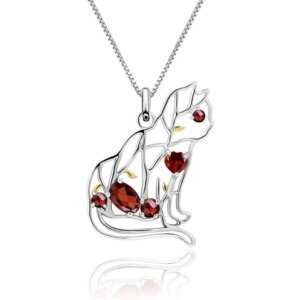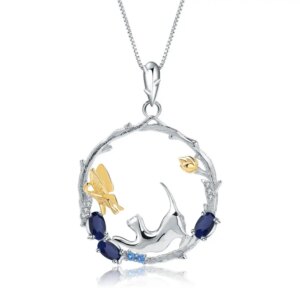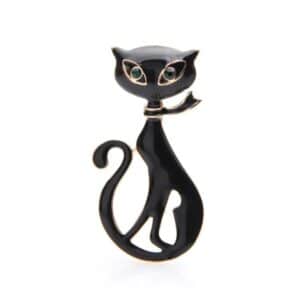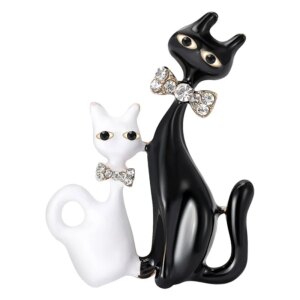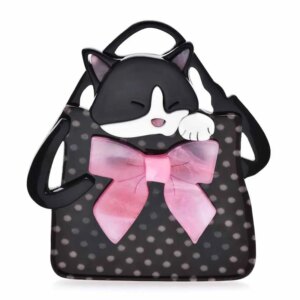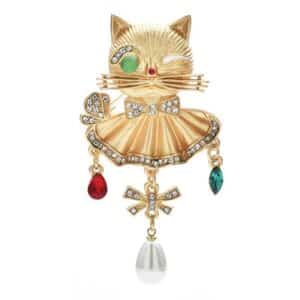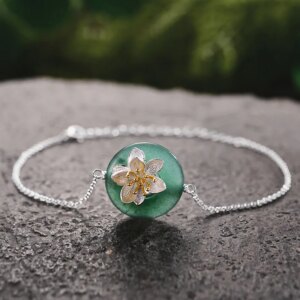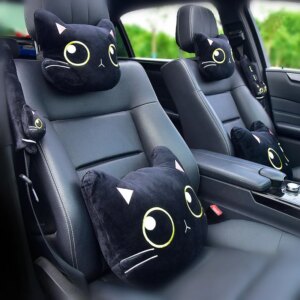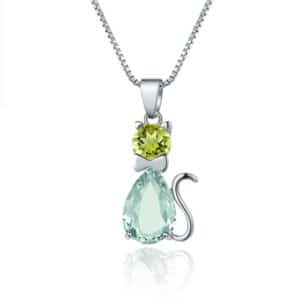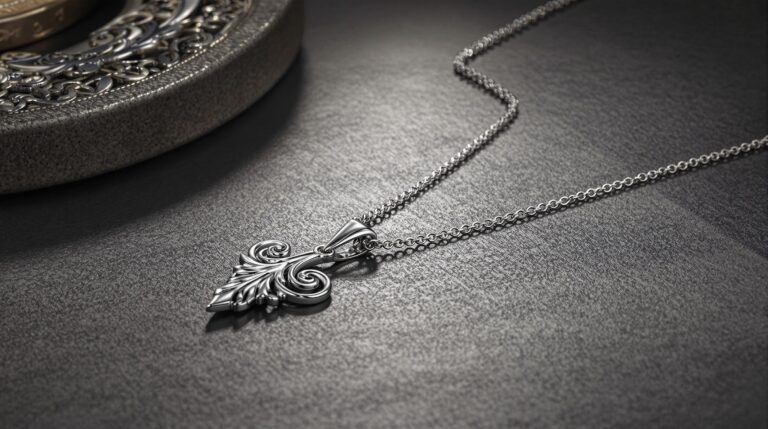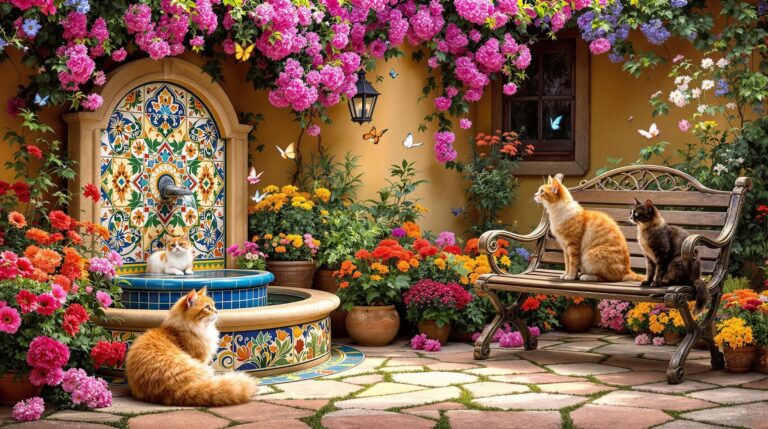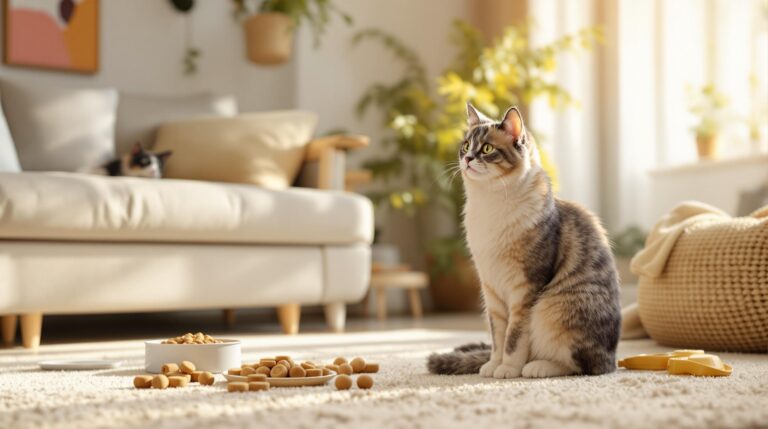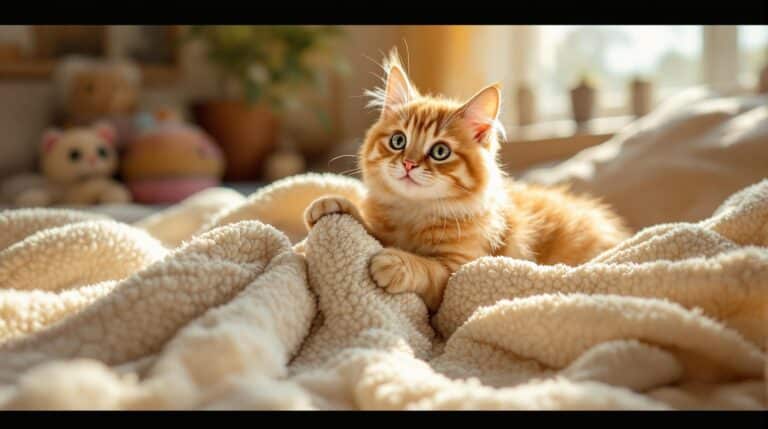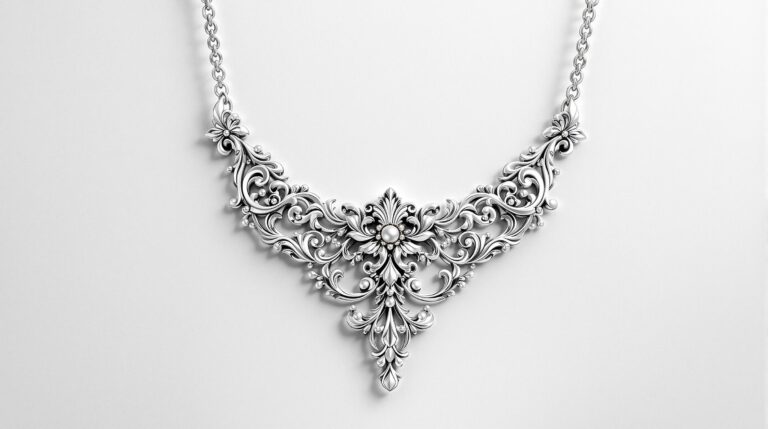Cats with short legs, particularly the munchkin breed, have captured the hearts of many cat lovers. We at Cat Karma Creations are passionate about these unique and charming felines and are excited to explore their unique characteristics, care requirements, and health considerations. Discover why they make great pets and how to ensure they live long, healthy lives. Whether you’re considering adopting a munchkin cat or simply curious about this fascinating breed, you’ll find valuable insights and tips here.
Cats with Short Legs: Unique Characteristics
Physical Traits
Munchkin cats, one of the most well-known breeds of cats with short legs, are easily recognizable by their distinctive short legs. These legs are a result of a genetic mutation that affects the long bones of the legs, making them shorter than those of other cat breeds. Despite their short legs, munchkin cats have a medium-sized body, which gives them a unique and charming appearance. Their compact bodies and short legs make them incredibly agile and capable of quick movements, often surprising those who assume their legs would hinder their mobility.
Genetic Factors
The genetic mutation responsible for the short legs in munchkin cats is a dominant gene, known as the munchkin gene or the dwarfism gene. This mutation affects the development of the long bones in the legs, resulting in shorter limbs. While this gene is responsible for the breed’s unique appearance, it also comes with potential health issues. For example, some munchkin cats may develop lordosis, a condition where the spine curves abnormally, or osteochondrodysplasia, a disorder affecting the cartilage and bone development. Understanding the genetic factors behind the short legs is crucial for responsible breeding and ensuring the health and well-being of these cats.
Breed History
The history of the munchkin cat breed is relatively recent and filled with controversy. The first known munchkin cat, named Blackberry, was discovered in Louisiana in the 1980s. Blackberry was a stray cat with short legs, and her kittens inherited this unique trait. Over time, breeders began to selectively breed cats with short legs, leading to the development of the munchkin breed. The breed gained recognition from the International Cat Association (TICA) in 1994, but it remains a controversial breed due to concerns about the potential health issues associated with their genetic mutation. Despite the controversy, many cat lovers have embraced the munchkin cat for its playful and affectionate nature.
Cats with Short Legs: Care and Maintenance
Grooming Tips
Munchkin cats, like all cats, require regular grooming to maintain their health and appearance. Their short legs can make it more challenging for them to clean themselves, especially in hard-to-reach areas. Here are some grooming tips to keep your munchkin cat looking and feeling their best:
- Brush your cat’s coat regularly to remove loose hair and prevent matting. Use a soft-bristled brush or a grooming mitt to gently brush their fur.
- Trim your cat’s nails regularly to prevent them from becoming overgrown. Use a cat nail clipper and be careful not to cut the quick, the blood vessel inside the nail.
- Clean your cat’s ears with a soft, damp cloth or a cotton ball. Avoid using cotton swabs, as they can damage the delicate ear canal.
- Check your cat’s teeth regularly and consider using a cat toothbrush and toothpaste to maintain oral hygiene. Regular dental check-ups with your veterinarian are also important.
Dietary Needs
Munchkin cats have specific dietary needs to support their health and well-being. A balanced diet is essential for maintaining their energy levels and preventing common health issues. Here are some dietary tips for feeding your munchkin cat:
- Choose a high-quality, nutritionally balanced cat food that meets the specific needs of your cat. Look for foods that are rich in protein, vitamins, and minerals.
- Consider feeding your cat wet food, as it provides additional hydration and can be easier for them to digest. Wet food is also beneficial for cats with urinary issues.
- Avoid overfeeding your cat, as obesity can lead to health problems such as diabetes, arthritis, and heart disease. Monitor your cat’s weight and adjust their food intake accordingly.
- Provide fresh, clean water at all times to ensure proper hydration. Consider using a cat fountain to encourage your cat to drink more water.
Exercise and Activity Levels
Munchkin cats are known for their playful and energetic nature, despite their short legs. They enjoy exploring their environment and engaging in various activities. Here are some tips to keep your munchkin cat physically and mentally stimulated:
- Provide plenty of toys and playtime to keep your cat entertained. Munchkin cats enjoy toys that they can chase, such as balls and mice. Interactive toys that mimic prey can also keep them engaged.
- Create a safe and stimulating environment for your cat. Set up scratching posts, climbing trees, and perches to encourage vertical exploration. Ensure that your home is cat-proofed to prevent accidents.
- Engage in regular play sessions with your cat to bond and provide mental stimulation. Use toys that encourage running, jumping, and pouncing to keep them active.
- Consider providing a variety of scratching surfaces, such as cardboard scratchers and sisal posts, to satisfy their natural scratching behavior.
Cats with Short Legs: Personality and Behavior
Playfulness and Affection
Munchkin cats are known for their playful and affectionate personalities. They are curious and energetic, always eager to explore their surroundings and engage in activities. Despite their short legs, munchkin cats are incredibly agile and can jump and climb with surprising ease. They love to play with toys and interact with their human companions, making them ideal pets for families and individuals who enjoy an active lifestyle. Their affectionate nature also makes them wonderful companions, as they often seek out human attention and enjoy cuddling and being petted.
Social Needs
Munchkin cats are highly social animals and thrive on interaction and companionship. They enjoy spending time with their human family and often form strong bonds with their owners. They are known for their friendly and outgoing personalities, making them great pets for families with children and other pets. Munchkin cats are also adaptable to different living situations, whether in a busy household or a quieter environment. They are generally good with other cats and can even get along with dogs, provided they are introduced properly and given time to adjust.
Adaptability to Home Life
Munchkin cats are highly adaptable to various living environments, from apartments to houses with large yards. They are intelligent and curious, which helps them adjust to new surroundings quickly. While they enjoy exploring, they are also content with indoor living, as long as they have plenty of mental and physical stimulation. Munchkin cats are known for their ability to climb and jump, despite their short legs, so providing them with vertical spaces like cat trees and perches can help them feel more at home. They are also generally quiet cats, making them suitable for households where noise is a concern.
Cats with Short Legs: Health Considerations
Common Health Issues
Munchkin cats, due to their genetic mutation, are prone to certain health issues that can affect their quality of life. Some of the most common health issues include:
- Lordosis: This condition involves an abnormal curvature of the spine, which can cause pain and mobility issues. Regular veterinary check-ups can help detect and manage lordosis early.
- Osteochondrodysplasia: This is a disorder that affects the cartilage and bone development, leading to joint problems and mobility issues. Munchkin cats with this condition may require special care and veterinary intervention.
- Respiratory Issues: Some munchkin cats may experience respiratory issues due to their compact body structure. This can include snoring and difficulty breathing, especially during physical activity.
- Urinary Tract Issues: Munchkin cats are more susceptible to urinary tract infections and blockages. Feeding them a diet rich in moisture, such as wet food, can help prevent these issues.
Preventive Care
To ensure the health and well-being of your munchkin cat, it’s important to take preventive measures and provide regular veterinary care. Here are some tips for preventive care:
- Schedule regular veterinary check-ups to monitor your cat’s health and detect any issues early. This includes annual physical exams, vaccinations, and preventive treatments for parasites.
- Provide a balanced and nutritious diet to support your cat’s overall health. Choose high-quality cat food that meets their specific dietary needs and avoid overfeeding to prevent obesity.
- Encourage regular exercise and playtime to keep your cat physically and mentally stimulated. This can help prevent boredom and reduce the risk of health issues related to inactivity.
- Keep your home clean and free of hazards to prevent accidents and injuries. This includes securing loose items and ensuring that your home is cat-proofed.
Veterinary Check-ups
Regular veterinary check-ups are essential for maintaining the health of your munchkin cat. These check-ups allow your veterinarian to monitor your cat’s overall health, detect any potential issues early, and provide necessary treatments. During a check-up, your veterinarian may perform the following:
- A physical examination to assess your cat’s weight, body condition, and overall health.
- Blood tests to check for underlying health issues, such as kidney and liver function, thyroid levels, and anemia.
- Diagnostic imaging, such as X-rays or ultrasounds, to evaluate your cat’s internal organs and detect any abnormalities.
- Vaccinations and preventive treatments to protect your cat from common diseases and parasites.
Popular Quote
“A cat has absolute emotional honesty; human beings, for one reason or another, may hide their feelings, but a cat does not.” — Ernest Hemingway
Statistical Fact
According to a study by the American Veterinary Medical Association (AVMA), approximately 95.6 million households in the United States own a cat. This statistic highlights the widespread love and popularity of cats as pets, making it essential to understand and care for different breeds, including those with unique characteristics like the munchkin cat. (Source: AVMA, 2021)
Three Tips for Caring for Cats with Short Legs
- Regular Exercise: Ensure your munchkin cat gets plenty of physical activity to maintain a healthy weight and prevent obesity. Interactive play sessions and a variety of toys can keep them engaged and active.
- Safe Environment: Create a safe and stimulating living space for your munchkin cat. Provide vertical spaces like cat trees and perches to encourage climbing and exploration, and ensure your home is cat-proofed to prevent accidents.
- Regular Vet Visits: Schedule regular veterinary check-ups to monitor your cat’s health and address any potential issues early. Early detection and treatment can significantly improve your cat’s quality of life.
Popular Questions About Cats with Short Legs
- Are munchkin cats healthy? While munchkin cats can be healthy, they are prone to certain health issues due to their genetic mutation. Regular veterinary care and a balanced diet can help manage these issues.
- Can munchkin cats jump? Despite their short legs, munchkin cats are surprisingly agile and can jump and climb. However, they may not be able to jump as high as other cat breeds.
- Are munchkin cats good with children? Munchkin cats are generally friendly and social, making them good pets for families with children. They enjoy interaction and playtime, which can be beneficial for both the cat and the children.
- How long do munchkin cats live? With proper care, munchkin cats can live for 12 to 15 years, similar to other domestic cat breeds. Regular veterinary check-ups and a healthy lifestyle can help extend their lifespan.
Final Thoughts About Cats with Short Legs
Cats with short legs, especially munchkin cats, are unique and charming pets that bring joy and companionship to many households. By understanding their physical traits, care requirements, and health considerations, you can ensure they lead happy and healthy lives. Whether you’re a seasoned cat owner or a first-time adopter, these insights will help you make the most of your time with your short-legged feline friend. Visit our website to find excellent gifts for cat lovers and follow us on social media for more tips and updates. If you have any questions or need more information, feel free to contact us at info@catkarmacreations.com or call us at (800) 343-1604.


